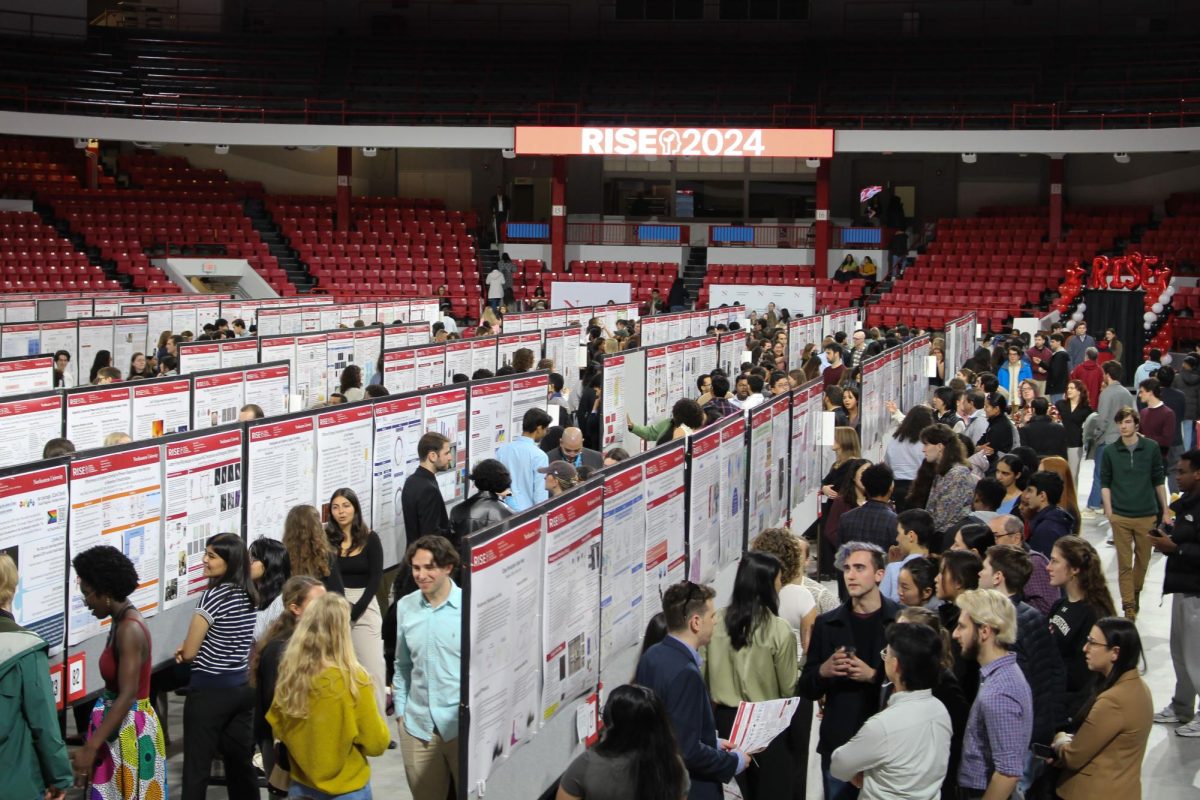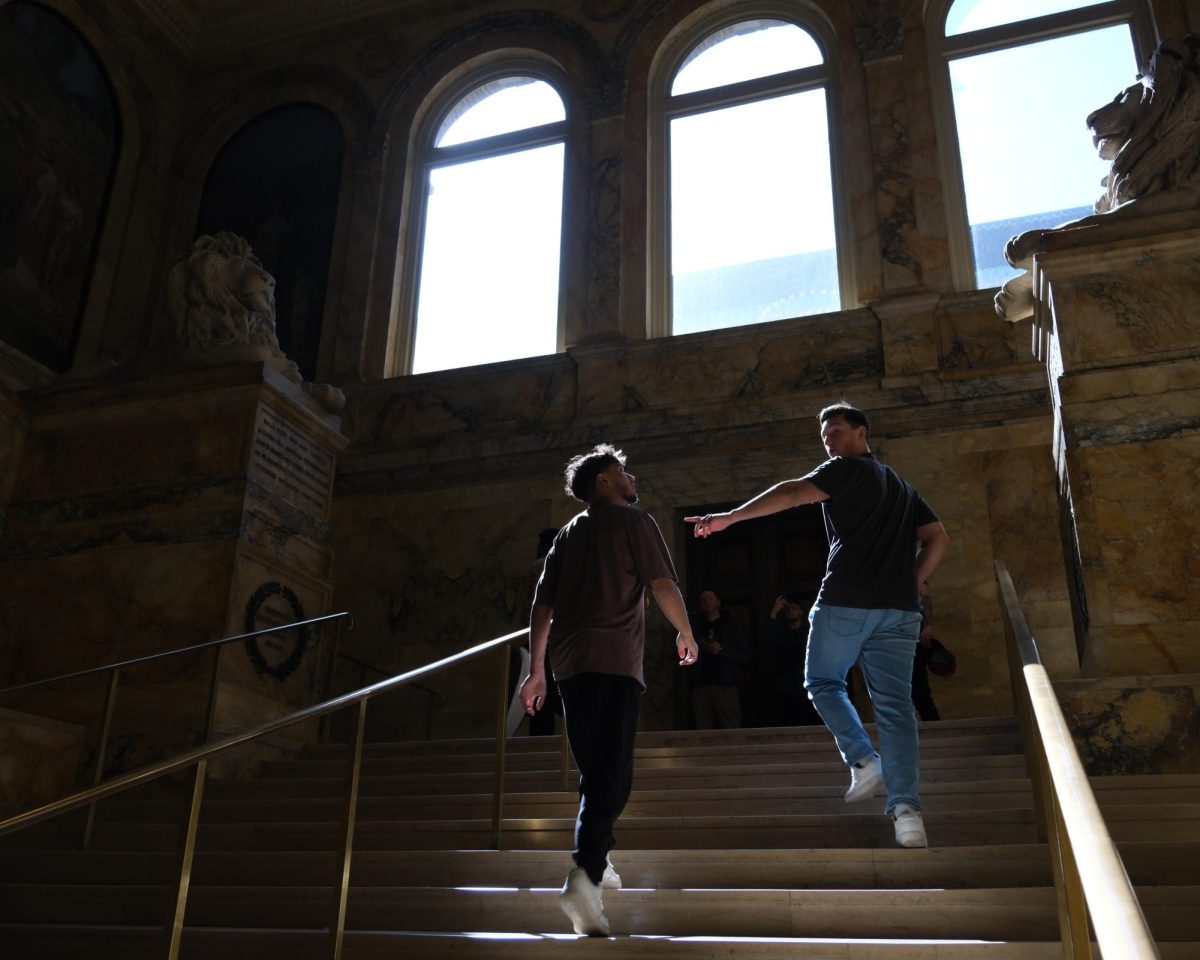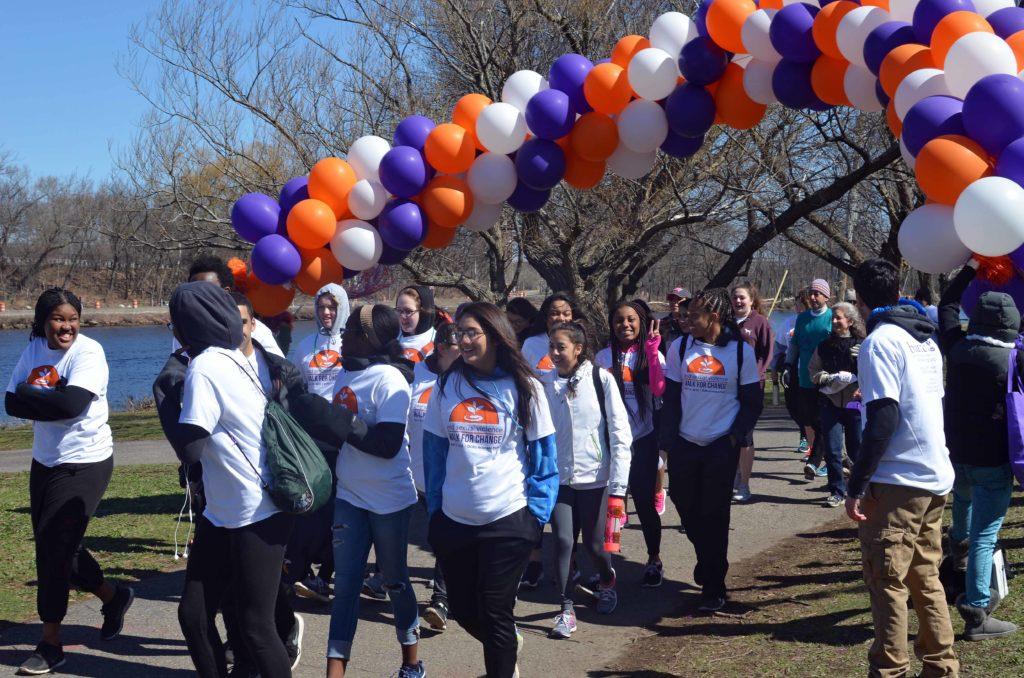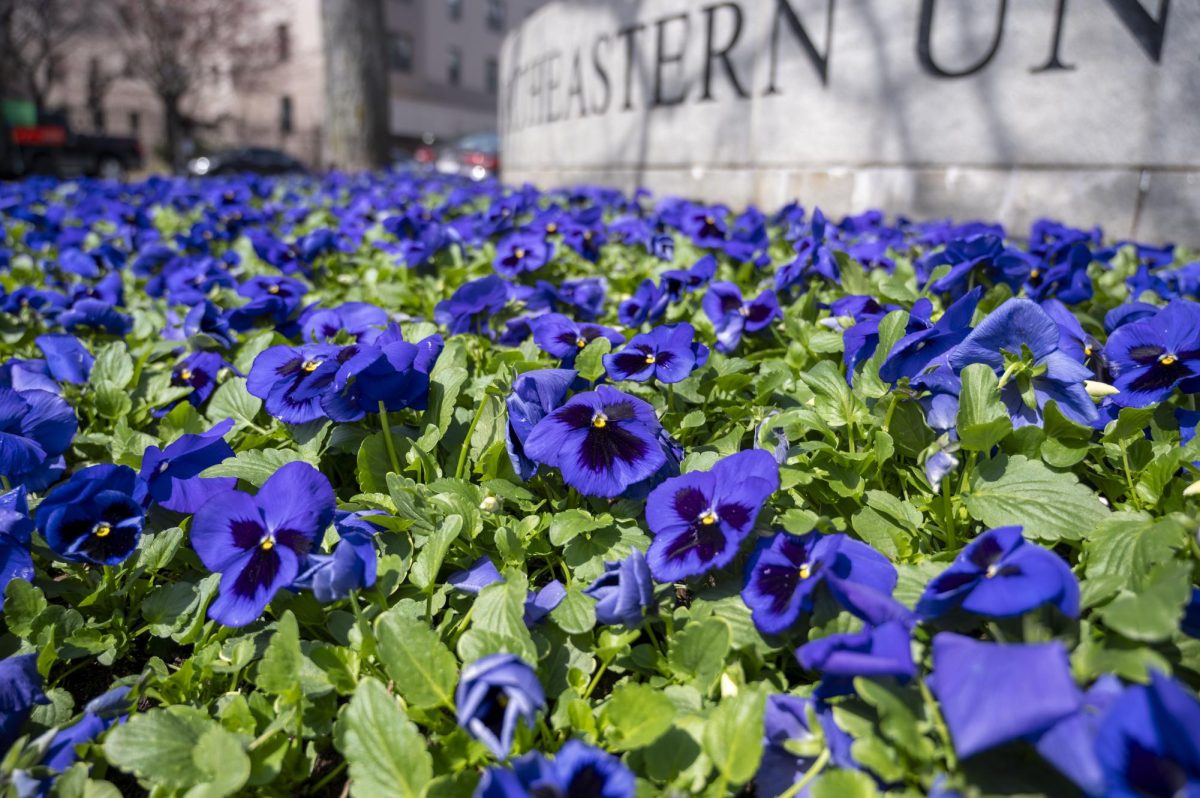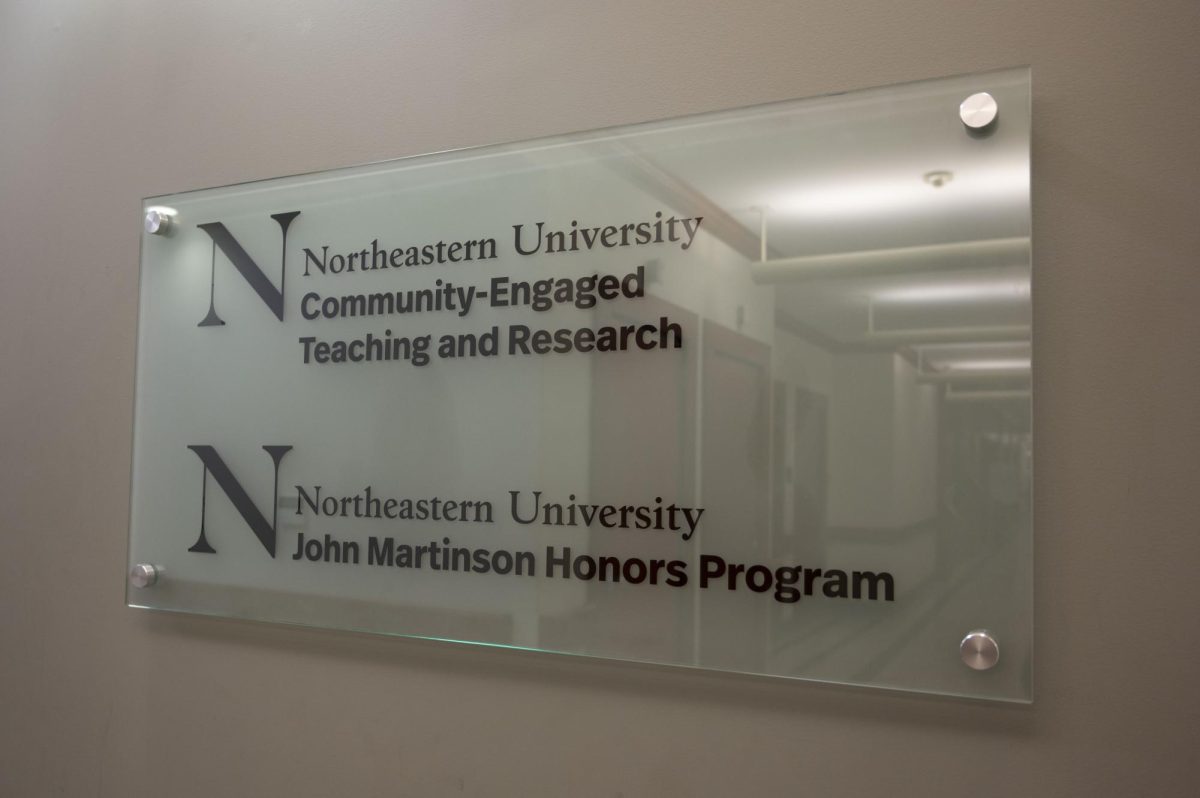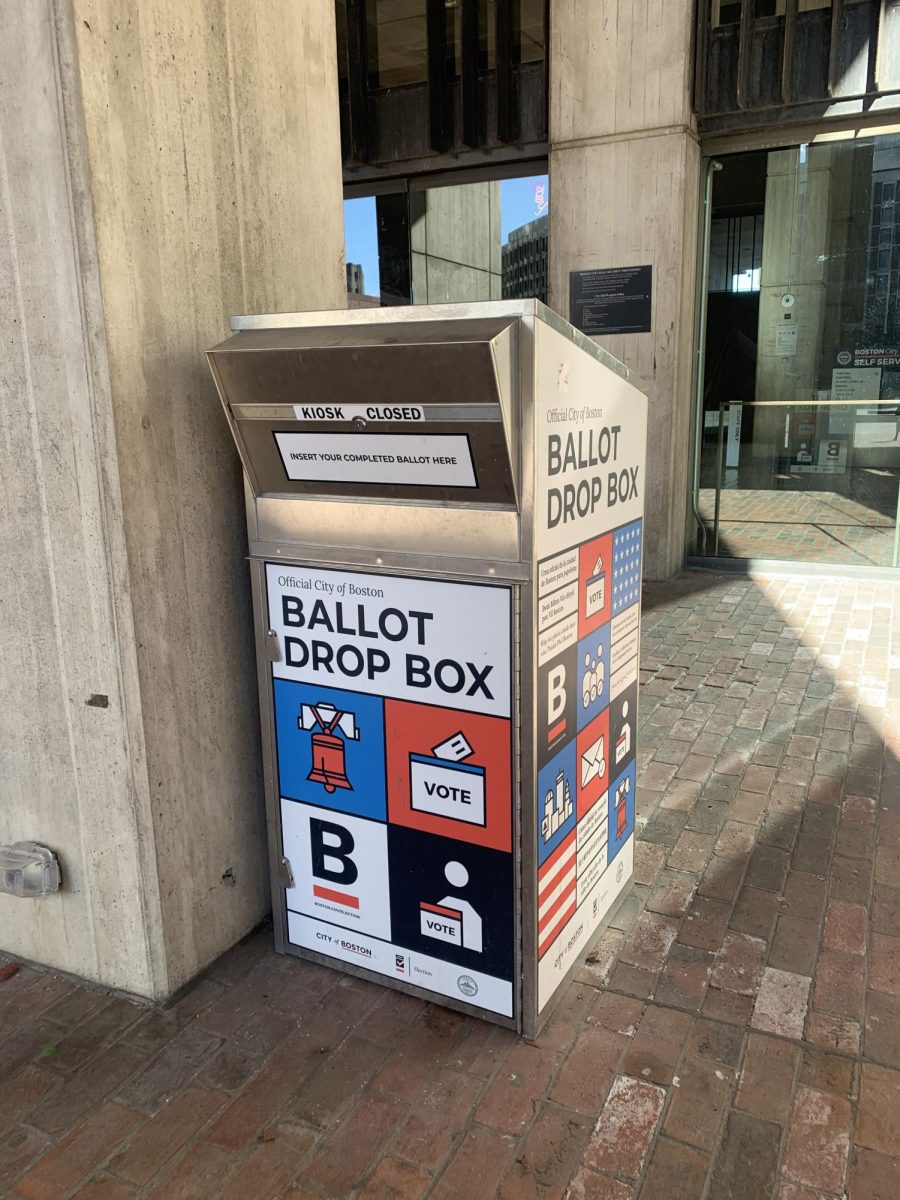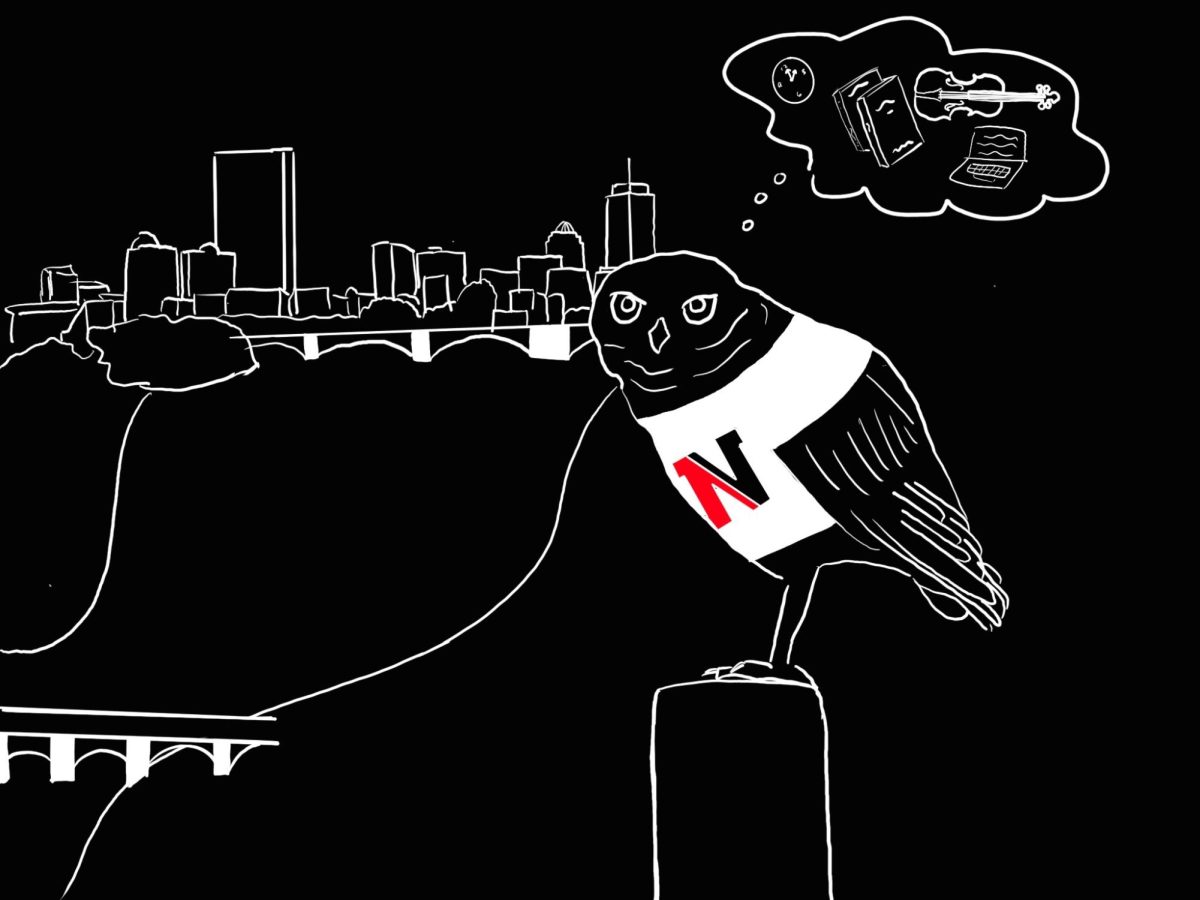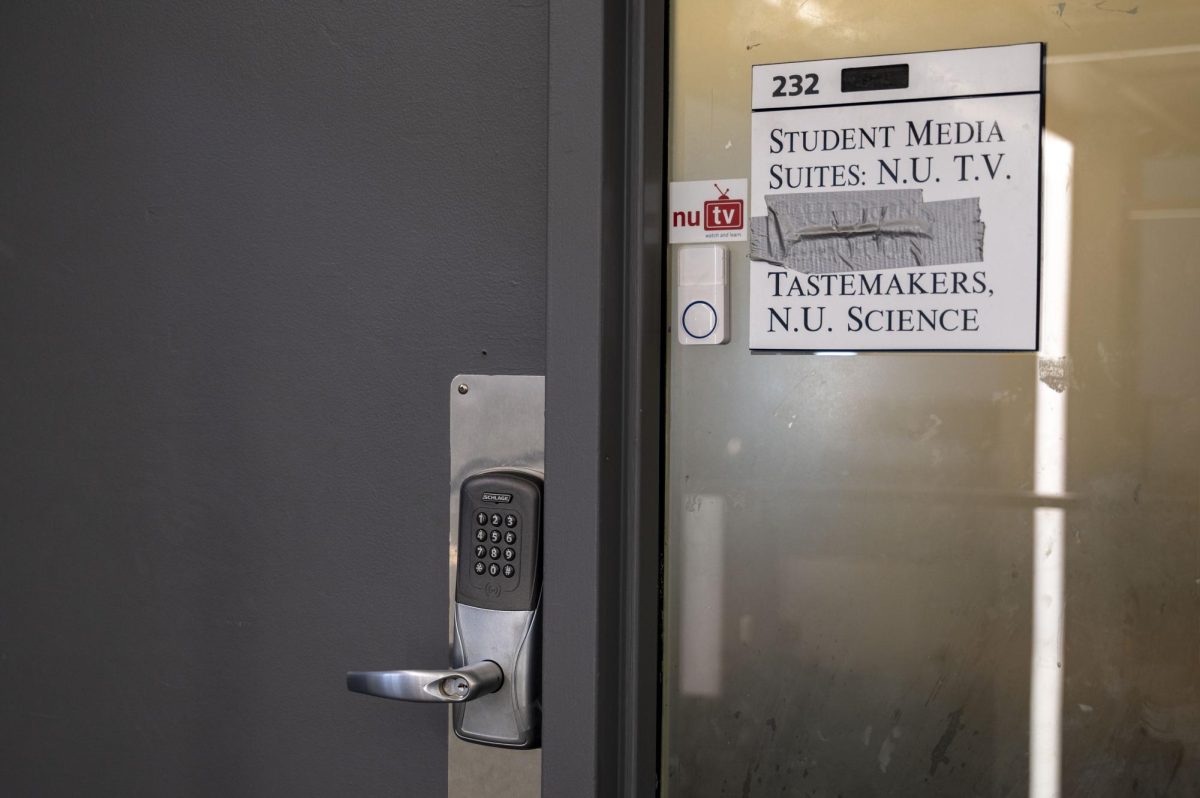When I was in elementary school, I had a wonderful friend named Lucy, who was and is a prolific jokester. We were hanging out in Lucy’s room one day, probably reading Seventeen magazine or watching “America’s Next Top Model,” when I noticed some wooden block letters on Lucy’s dresser that read “LUC.” I inquired about where the Y in her name was and why there wasn’t a block for that letter.
“Oh,” she replied evenly, “My real name is Luc. Lucy is just a nickname.”
I paused, thunderstruck. “Really? How is your nickname longer than your given name?”
“It’s just what my parents named me.”
And although it didn’t feel right, I believed her. I believed her because I wanted to trust her, because I was a gullible eight-year-old child and because upon an initial evaluation, what I saw physically in front of me was backed up by what she’d told me. Of course, she was simply missing a block for the Y in her name. Years later, we would recount this moment with a laugh. This lie was harmless, after all.
Institutions, which inevitably affect far more people to much greater magnitudes, lie this way all of the time. Northeastern is no different.
I’ve been involved in activism at Northeastern for far less time than most of my peers, and I’ve already had it with the administration’s facades. Our school is filled with buildings that claim to assist the Northeastern community in a multitude of ways. A truly inclusive institution values and actively seeks out the voices and input of everyone, especially all those it supposedly is serving. Yet this is unfortunately rarely the case in many of these spaces.
An entire article could be devoted to the problematic nature of the relatively new space that is Northeastern Crossing: The complete absence of dialogue with the surrounding communities that it supposedly was built for, its age restrictions that keep out minors and its hours of operation that render it essentially inaccessible to working-class people. The space seems wonderful upon a quick assessment, however—and we’re the top university for civic engagement, so appearances and nothing more are good enough. This is truly shameful.
This same lack of accountability is displayed in Northeastern’s current methods of addressing sexual assault in its community. We apparently need to militarize our police for safety concerns over a handful of incredibly rare violent circumstances, but we don’t care to address a scary and hairy safety issue that affects more than 20 percent of the student body. Sexual assault is an insidious problem on college campuses, and our actions thus far say that we don’t care about its prevention or its treatment. Fortunately, due to student initiative, we will soon offer freshman orientations that address consent more constructively, and we now have a rudimentary space that will be continually developed as a resource to survivors and their significant others: The Violence Support, Intervention and Outreach Network (ViSION) Resource Center.
The ViSION Resource Center (VRC) is a momentous triumph that is the direct result of pressure from a few marvelous and passionate individuals. However, the VRC was announced unexpectedly, at a different time and venue than initially indicated by the administration. It was created with much secrecy and not even the slightest consultation of the student body or any actual survivors on campus. Similar to Northeastern Crossing, the VRC is not a space that is reflective of student and community needs.
As of right now, the VRC is virtually unknown by the majority of the student population. It was not a space created for its stated purpose of being a resource to survivors on campus; instead, it was hastily shoved into a pre-existing room that was not being used. It sits in the Social Justice Resource Center, a busy area that is not private in the slightest. The room is small and not soundproof; there are also no private offices within the space, so it needs to be cleared out every time someone wants to speak confidentially. While it is almost entirely underground, there are raised windows that look out onto St. Stephen Street and allow anyone to see the entire room inside. The room is barren and uninviting aside from a few hastily placed potted plants. I would be curious to know if anyone has used it for its intended purpose thus far.
A counselor is employed to talk to any students who come to this space between 9 a.m. and 5 p.m. on weekdays. This individual is also a mandated reporter. The student group Sexual Assault Response Campaign has posted language on how to talk to this person without warranting the need for a report; however, it’s ridiculous that such actions need to be taken by students. The boundaries of mandated reporting must be clearly communicated to students—online and in ViSION, Office of Prevention and Education at Northeastern (OPEN) and University Health and Counseling Services (UHCS) offices—so there is no potential for accidental or unwanted disclosure of an incident to a mandated reporter. This counselor is also essentially a point of entry to a larger referral system of different routes of reporting an assault, not an emotional support who is specialized in trauma care, which may be what many survivors who visit the center will expect and need most. To avoid the analogous inadequacies of UHCS, there needs to be a large staff of counselors with a variety of backgrounds and universal cultural competency training to address the needs of students of marginalized identities. Sexual violence does not affect everyone in the same ways, and the most effective and comprehensive care is informed and compassionate care.
Once again, the very existence of the VRC is exciting, but only at the shallowest surface level. It is a husk, an empty space when it could be a vital resource to the student body.
———
There are so many beautiful ways to be a human being in this world. The infinite variety of identities and life experiences possessed by any one of us is something to be celebrated. To place the interests of some before others, however (whether they’re more convenient to address or more prevalently expressed), is obviously selfish, careless and lazy. But if you insist upon only practicing empathy when it looks good for you and when students incessantly take you to task, NU administrators, I would encourage you to consider a point that may be more poignant for you: If you strive to create capable students who are prepared to tackle the world’s problems, Northeastern must be an institution that reflects the depth of intersectional understanding required for such a task. To do so means to instill these values in the school’s population through comprehensive curricula, and it means that these values should resonate throughout every policy and every space on campus and beyond. The richness of this level of critical thought would ultimately set precedents and push Northeastern to a higher level of excellence and prestige, not flashy titles and acronyms for rooms that do nothing to fulfill their intended functions.
Let’s stop building these empty spaces and congratulating ourselves, administration. Physical structures with no substance don’t help people who are in crisis. Please, let’s #DoBetterNU.
– Mackenzie Coleman is a sophomore bioengineering major at Northeastern University.
Photo by Robert Smith.




